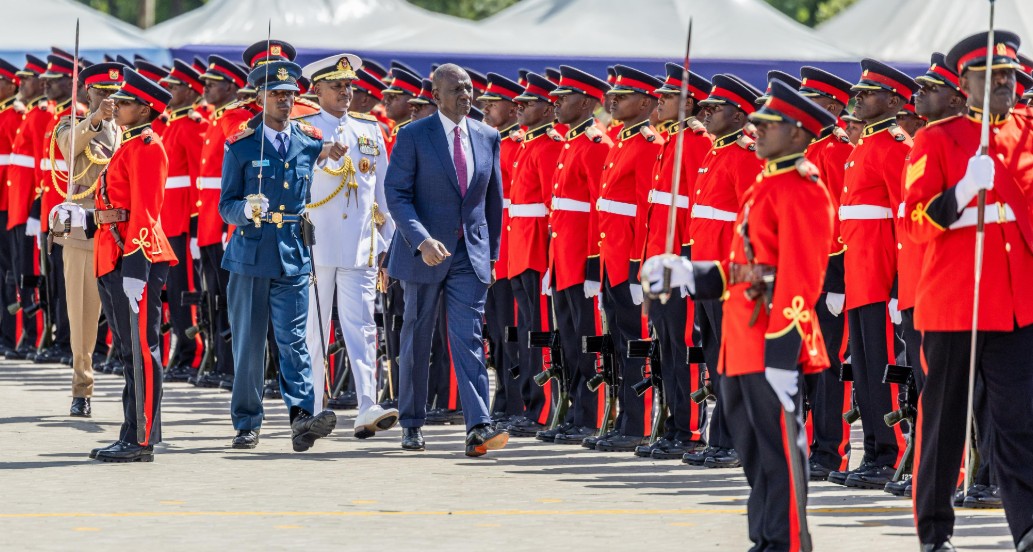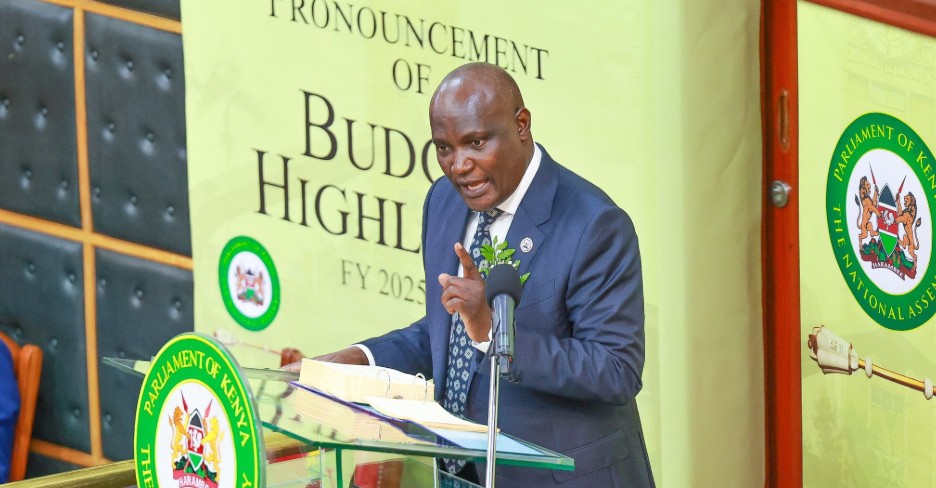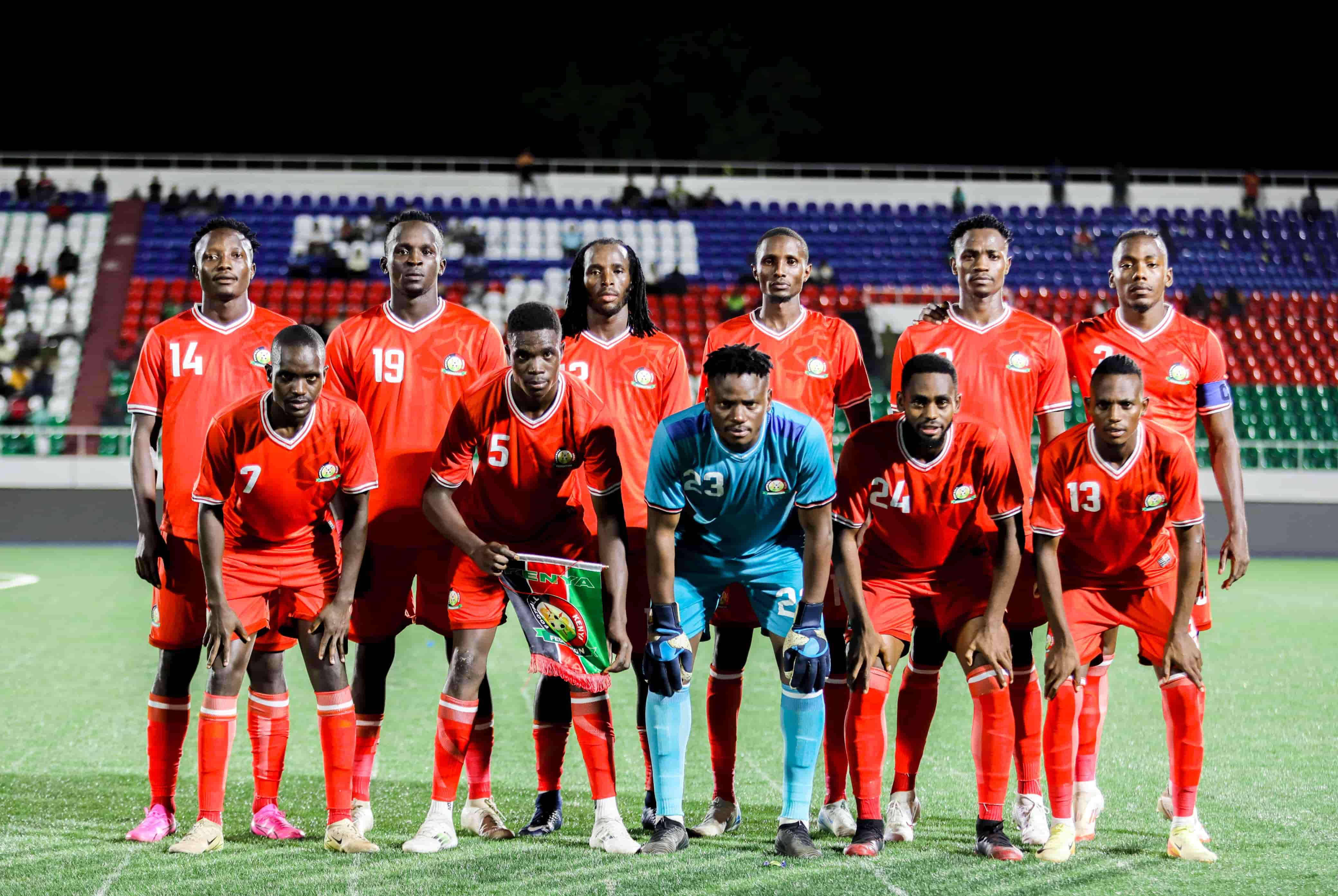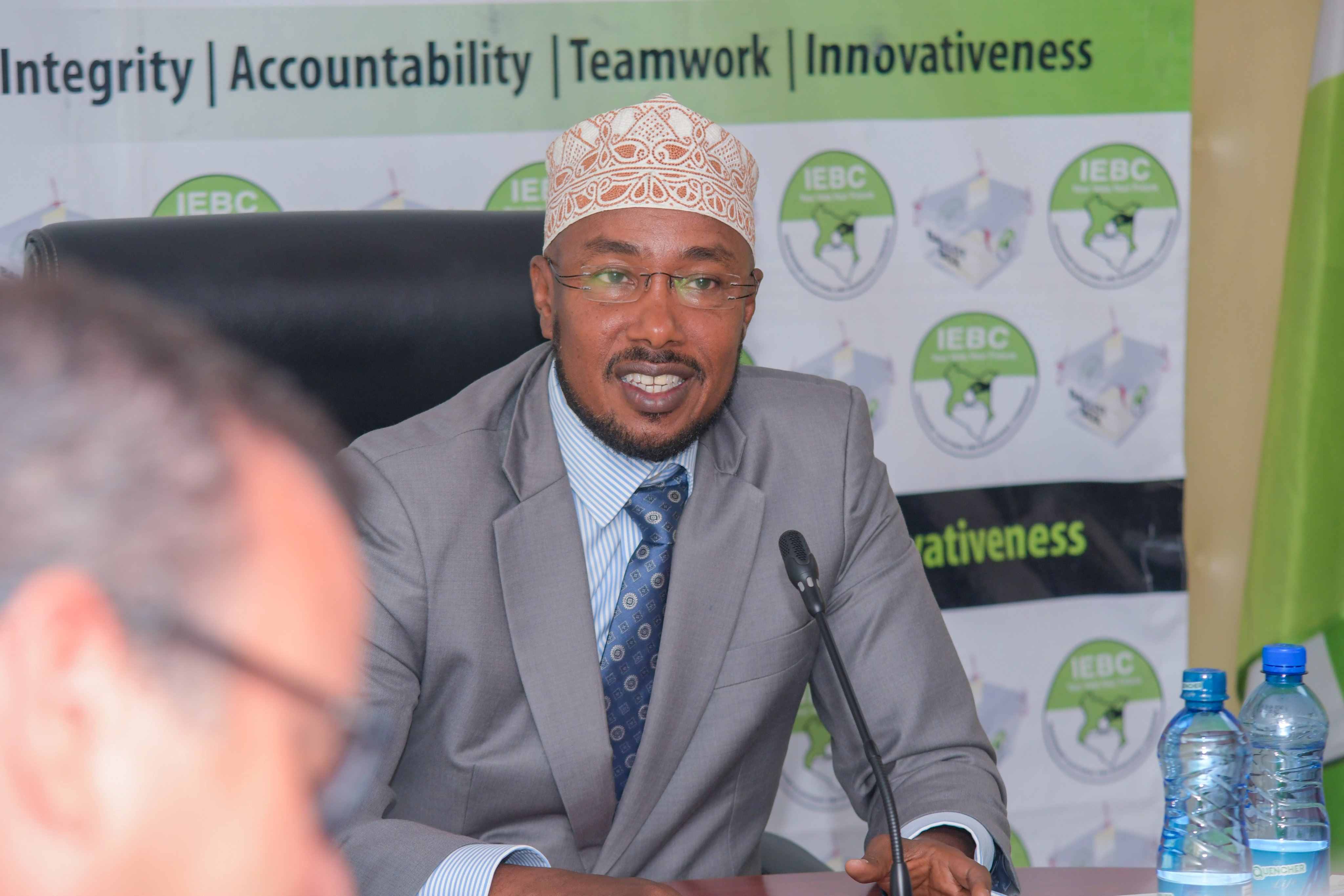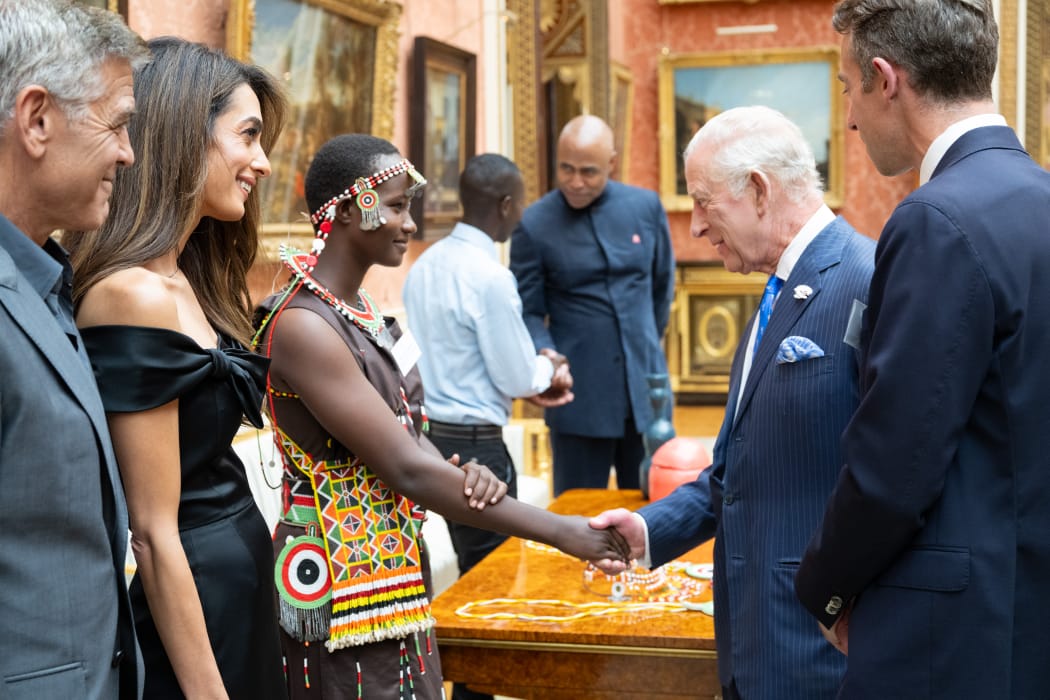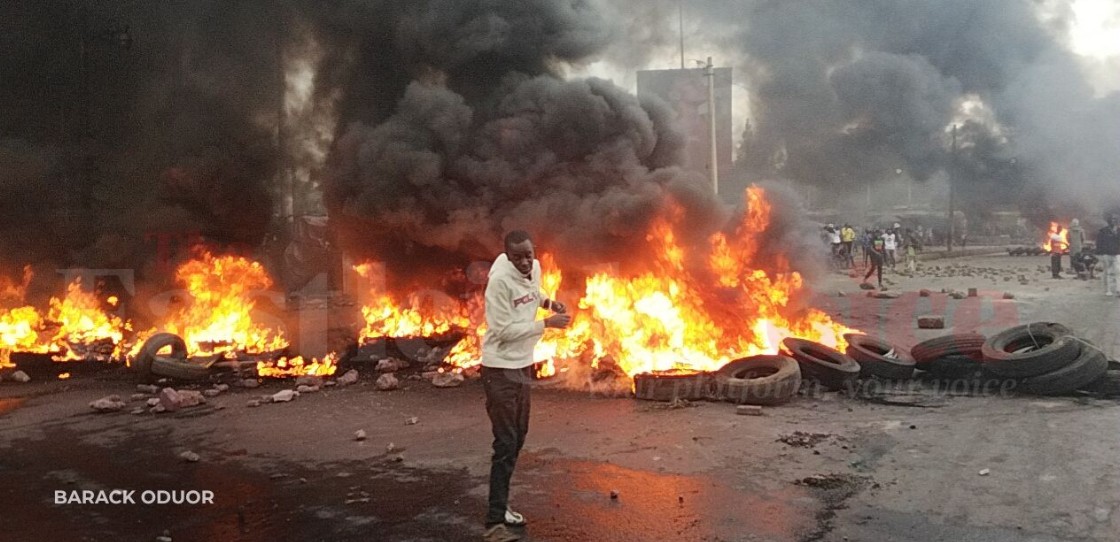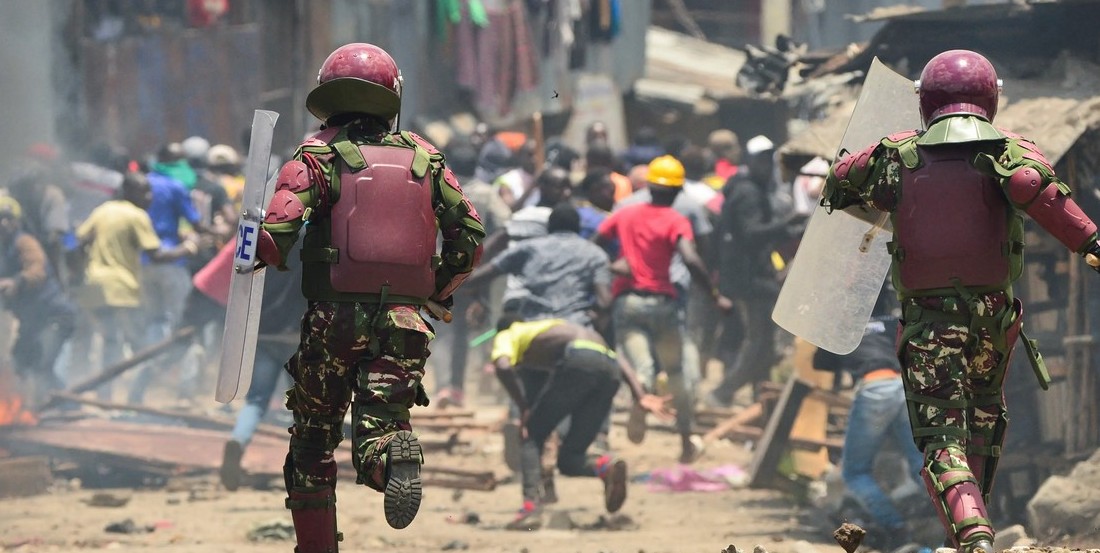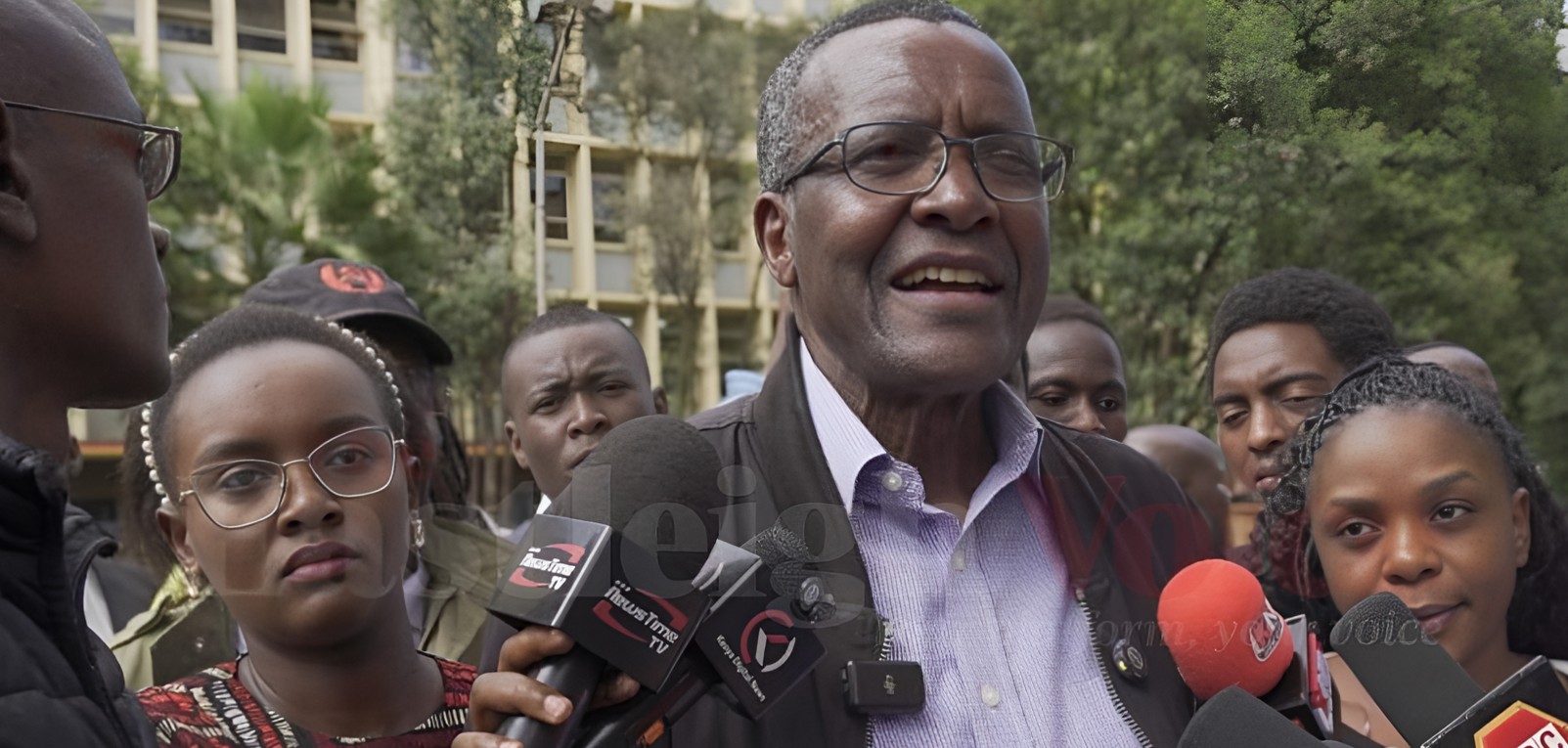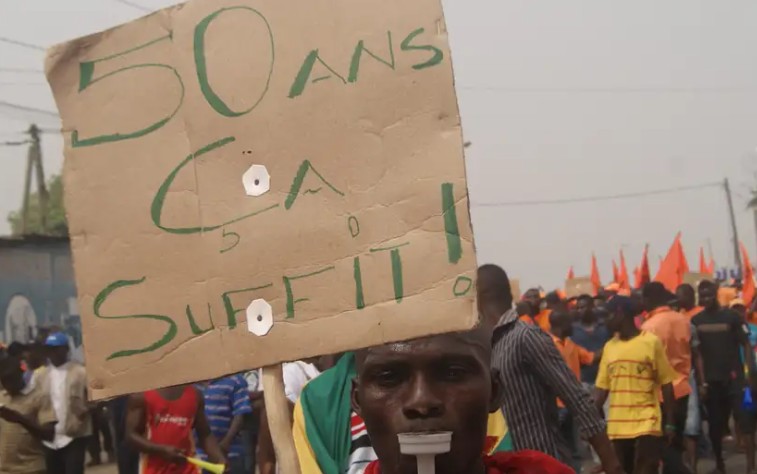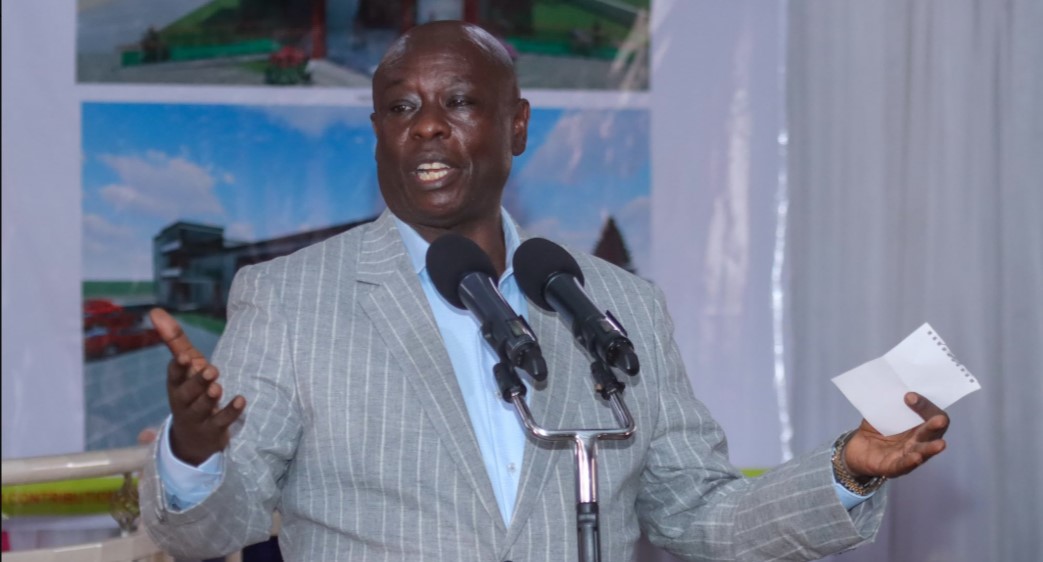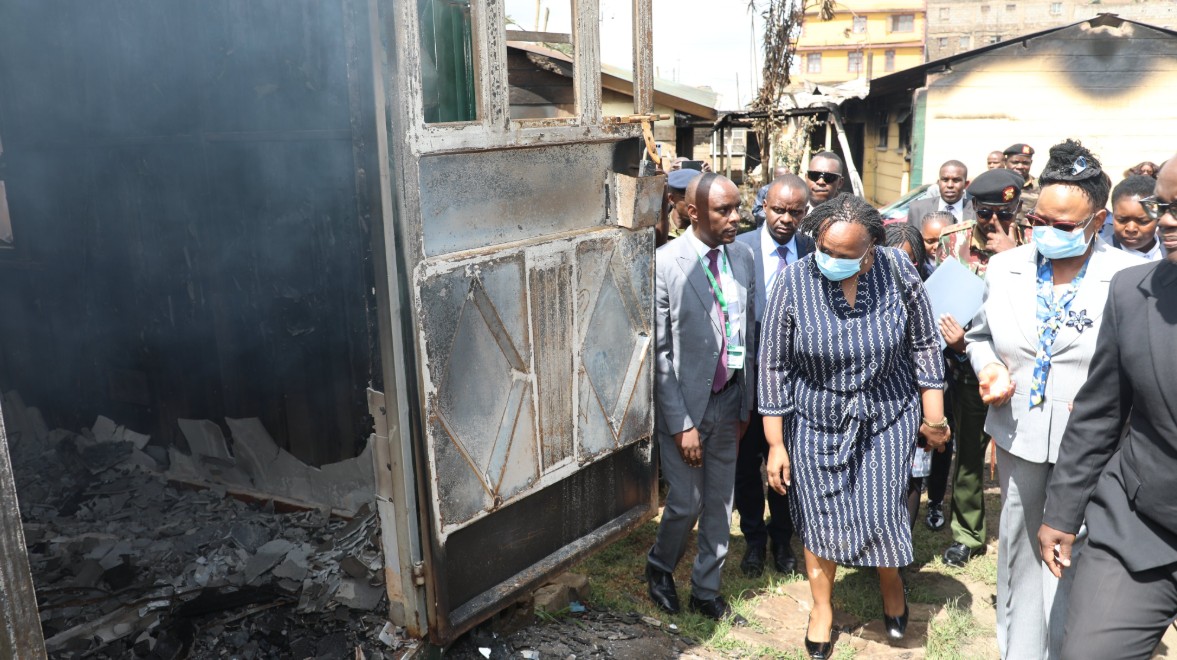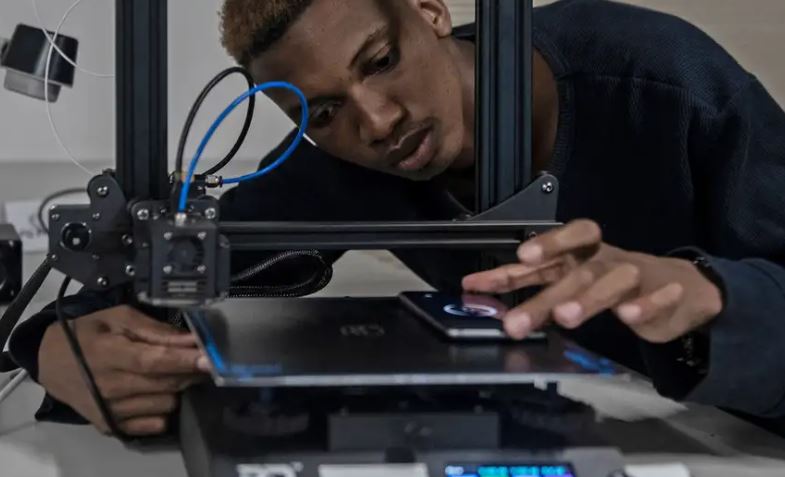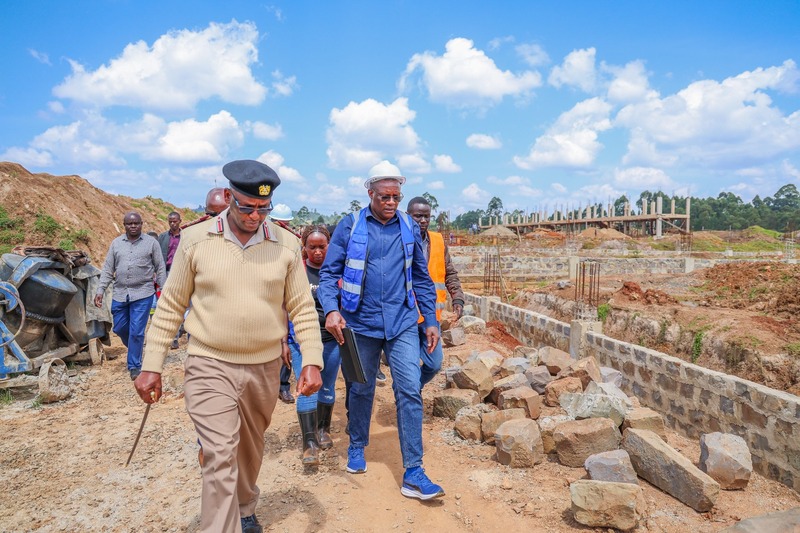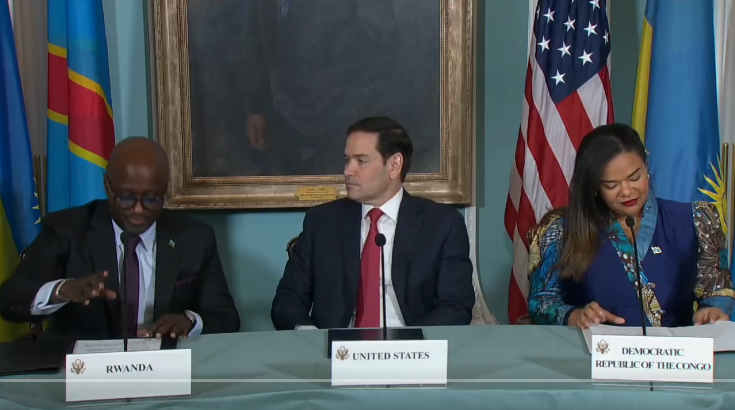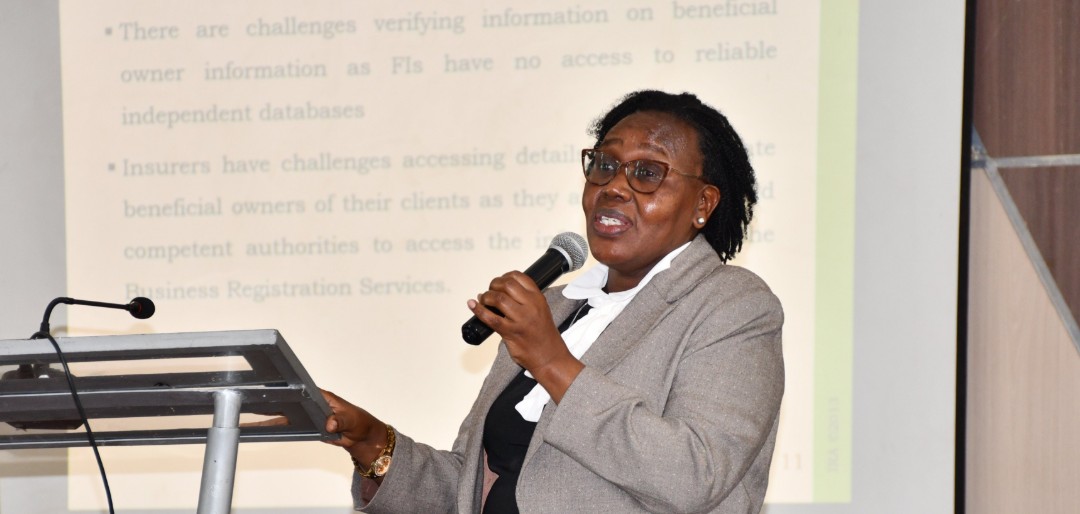UN urges DRC to take responsibility as over 7 million displaced amid escalating crisis
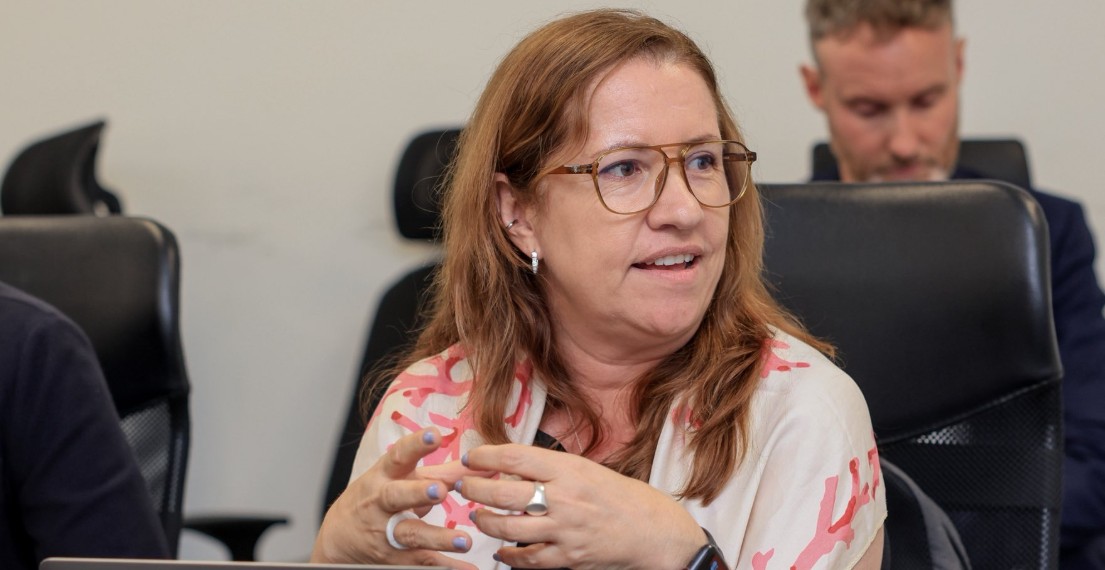
The UN warned that displaced populations were facing widespread human rights violations, including murder, summary executions, sexual and gender-based violence, forced labour, and being used as human shields.
More than seven million people have been displaced within the Democratic Republic of the Congo (DRC), a crisis the United Nations describes as one of the most severe and long-lasting in the world.
In a statement, UN Special Rapporteur on the human rights of internally displaced persons, Paula Gaviria Betancur, called on the Congolese government to urgently take full responsibility for protecting those displaced.
More To Read
- Rwanda, DR-Congo peace deal reached during Washington talks
- DRC conflict sparks surge in sexual violence against refugee children in Burundi
- US President Donald Trump on upcoming Rwanda-DR Congo deal: ‘A great day for Africa’
- WFP to close Shire office, home to largest IDP population in Tigray; cites budget, operational restructuring
- M23 rebels kills 17 civilians in eastern DR Congo: military
- UN delists Somalia from child soldier report after 16 years in major reform milestone
She stressed that national leadership, rather than reliance on international aid, is now critical to addressing the crisis.
“The Democratic Republic of the Congo faces one of the world’s largest and most protracted internal displacement crises, exacerbated by the ongoing occupation of North and South Kivu by Rwandan-backed AFC/M23 rebels,” said Betancur.
Betancur warned that displaced populations were facing widespread human rights violations, including murder, summary executions, sexual and gender-based violence, forced labour, and being used as human shields.
Basic necessities
Many, she added, are also struggling to access basic necessities due to funding shortfalls that have crippled humanitarian response efforts.
“While the government has understandably focused much of its efforts on regaining sovereignty over its territory in the East, sovereignty also brings with it responsibility,” she stated.
“Particularly given the decline in international assistance, the government can no longer afford to outsource its responsibilities towards internally displaced persons and must take the lead in ensuring coordinated, accountable responses to internal displacement throughout its territory,” she added.
 Young Congolese refugees wait for food from volunteers. Thousands fleeing the fighting in eastern DRC continue to cross the border to Uganda. (Photo: File/REUTERS/Evrard Ngendakumana)
Young Congolese refugees wait for food from volunteers. Thousands fleeing the fighting in eastern DRC continue to cross the border to Uganda. (Photo: File/REUTERS/Evrard Ngendakumana)
Want to return home
Betancur praised the resilience of the displaced communities, many of whom she said simply want to return home, rebuild their lives, and regain self-reliance.
She called for durable, government-led solutions supported by the international community.
“The world cannot afford to turn its back on these people,” she said. “They have suffered long enough and deserve lasting peace.”
In May, the M23 rebel group denied allegations by the United Nations Organisation Stabilisation Mission in the Democratic Republic of the Congo (MONUSCO) that the situation in Goma had deteriorated since they took control of the city in January.
The group condemned comments made by MONUSCO’s Senior Advisor for civilian protection, Teoha Williams, accusing him of trying to downplay DRC-led attacks and mislead the international community.
"This manoeuvre aims to undermine the Doha dialogue and conceal the offensive operations carried out by the regime on multiple fronts, including behind our lines, as evidenced by the attacks of April 11 to 12, 2025, in the town of Goma," said the AFC.
"Through his briefing on May 22, 2025, Williams attempts to convince the international community that the current situation in Goma is worse than before its liberation."
Top Stories Today
Reader Comments
Trending
